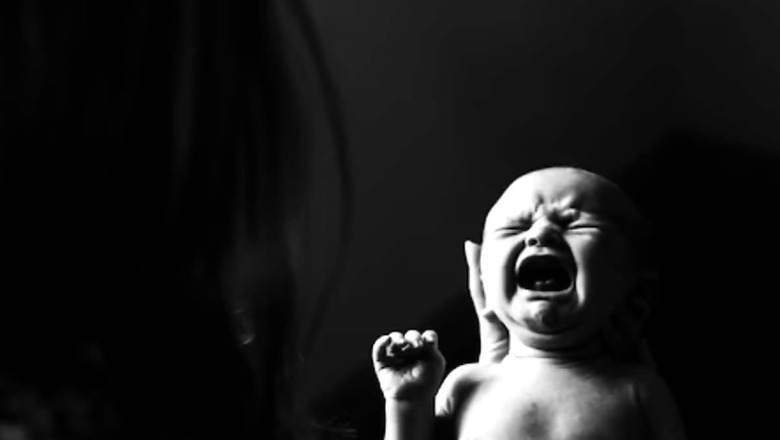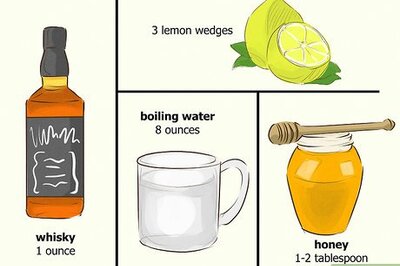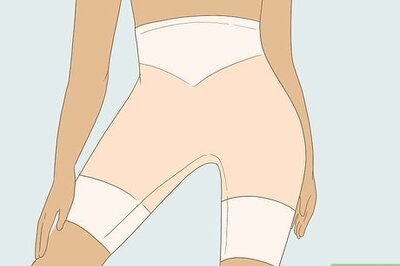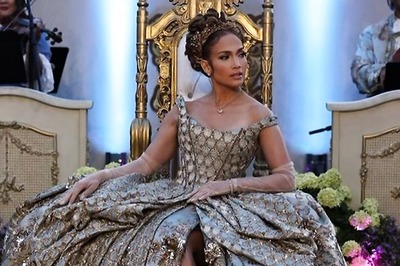
views
Conceiving and raising a child is a huge undertaking that requires a lot of love, commitment and resources. From physical changes to hormonal fluctuations, pregnancy can be physically demanding. Carrying a child for nine months takes a toll on a woman’s body. It can be emotionally draining as you navigate the ups and downs of parenthood and financially challenging to provide for a child’s needs. That’s also why many women prefer to experience motherhood only once these days. What if we tell you one woman is a mother to 69 children? The woman named Valentina Vassilyev, a resident of Russia, reportedly gave birth to 69 children between 1725 and 1765. Yes, we aren’t kidding.
As per a local monastery’s report to the government in Moscow, Mrs. Vassilyev, wife of Russian peasant Feodor Vassilyev, gave birth to 16 pairs of twins, seven sets of triplets, and four sets of quadruplets – all this via 27 separate labour births between 1725 and 1765. That means a total of 69 children were born, as reported by the BBC.
Notably, Mrs Vassilyev has her name registered in the Guinness Book of World Records as the ‘Most prolific mother ever.’
In addition to that, in a surprising revelation, Feodor Vassilyev later married another woman who also got pregnant eight times and gave birth to 18 children. Out of the 87 children born to Vassilyev’s two wives, only 84 survived; the remaining 7 children died a few days after birth.
Director of the Division of Reproductive Science and Women’s Health Research at Johns Hopkins University, James Segars shared his views on this. “So, is it even possible to birth more than 60 children? It sounds fantastical. I mean, 69 kids? C’mon! I decided to dig a bit deeper into this astonishing and seemingly dubious claim by consulting reproduction experts. My hope was to discover the fundamental limits to how many children a woman could ever naturally have. But along the way, I also discovered that if you take modern science into account, a woman could, in theory, become the mother to more children than we ever thought possible,” he told BBC.
The media outlet further stated that James Segars starts by considering the mathematics of the Vassilyev report, finding that if she had had enough time for 27 pregnancies in the 40-year span that is claimed. He said, “Initially, the answer appears to be yes, especially if you take into account the fact that triplets and quadruplets are usually born after shorter-than-average terms. Add it up, and Mrs Vassilyev would have been pregnant for 18 years of the 40 years or two decades of craving pickles and ice cream.”
James stated that women typically go through menarche at around the age of 15, when their ovaries begin releasing a single egg every 28 days. This ovulation continues until the egg supply is exhausted at menopause, the typical onset of which is 51 years of age.
According to a BBC article, “Before menopause, though, women’s fertility falls, the percentage chance of having a baby per cycle when a woman is 45 is about 1 percent per month,” said Valerie Baker, an associate professor of obstetrics and gynaecology at the Stanford School of Medicine in an interview.




















Comments
0 comment